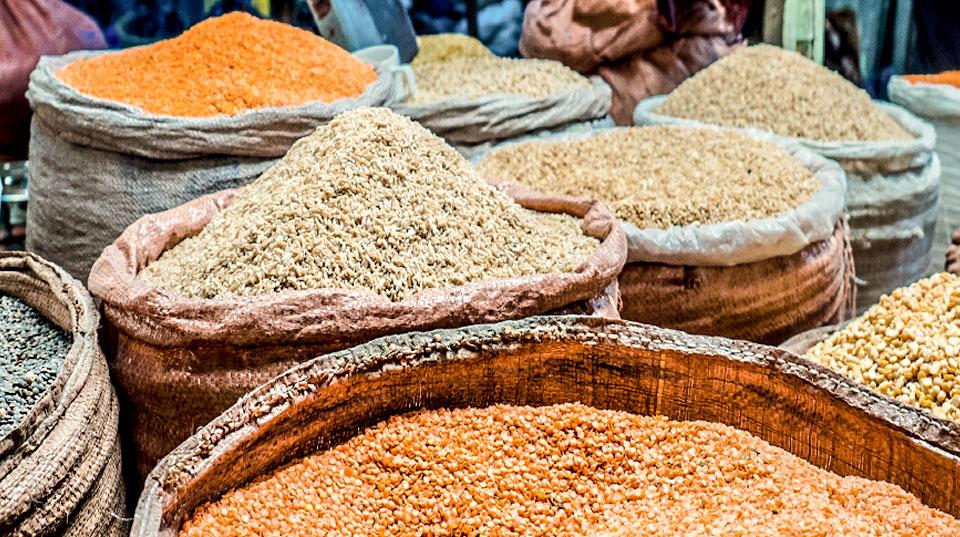Overview
In Bangladesh the rise in demand for maize - as human food and from the poultry and fish industries - has led to a trend away from traditional rice-rice and rice-wheat cropping systems and toward rice-maize systems. But actual farm yields of rice and maize fall below their potential.
This project identifed, tested and promoted key interventions in four districts that could lead to sustainable cropping intensification - resulting in double- and/or triple-cropping rice-maize systems. Specific objectives to improve these systems were:
- to assess and prioritise constraints to, and opportunities for, uptake of improved management options;
- to evaluate and identify elite maize germplasm tolerant of excess moisture;
- to develop locally adapted management solutions for high-yielding, profitable, resource-efficient, and sustainable rice-maize systems;
- to build capacity and disseminate key technologies.
Associated socioeconomic studies will undertook a strategic assessment and an empirical analysis of rice-maize systems and also conducted an impact assessment of key rice-maize options for the intensification of rice-based cropping systems. The project was jointly managed by IRRI and CIMMYT in collaboration with government organisations (BARI, BRRI, BARD) and non-government organisations (BRAC, RDRS).
The project built on existing linkages and experience from IRRI, CIMMYT and ACIAR projects in Bangladesh and South Asia. It linked with two ACIAR projects-LWR/2005/001 (Addressing legume constraints in cereals-based cropping systems) and CIM/2007/027 (Development of conservation farming implements) by adapting and using the zero- or strip-till drill and other machinery in those projects.




